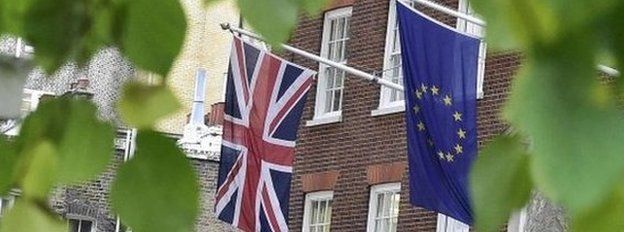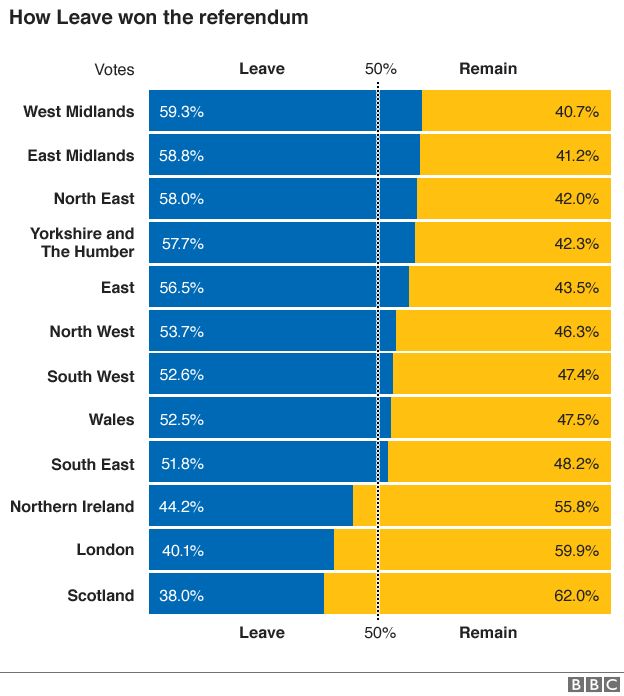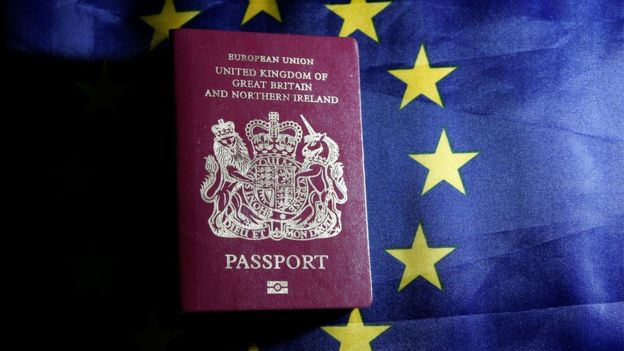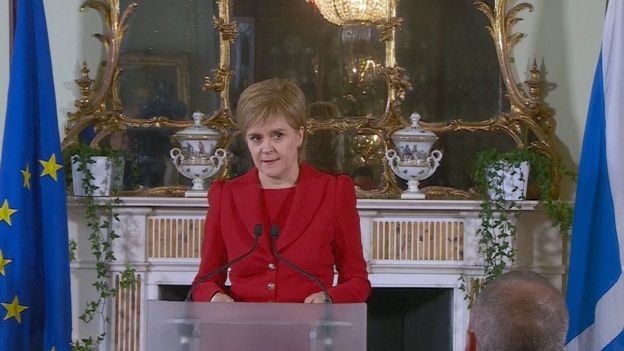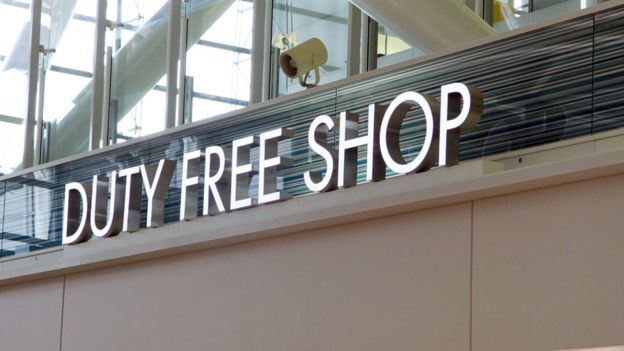- Registrado
- 4 Abr 2016
- Mensajes
- 11.554
- Calificaciones
- 24.868
Buongiorno. Sepan sus cotillas que resulta que el dichoso referéndum era solamente consultivo, no vinculante. Y que, como tal, el parlamento británico puede, a su vez, volver a votarlo en sede parlamentaria, donde resulta que la mayoría de los MPs son remain. Aquí os dejo un bonito vídeo de Nigel Farage admitiendo (post referéndum) que la famosa campaña de team Brexit de los 350 millones de libras que supuestamente UK da a la UE cada semana y que los brexiteers reclamaban se destinasen a la NHS (la Seguridad Social) es mentira, que en realidad son unos 190 millones y que él no puede garantizar que vayan a parar a la NHS. la presentadora se enfada bastante, como es natural:
Última edición:


